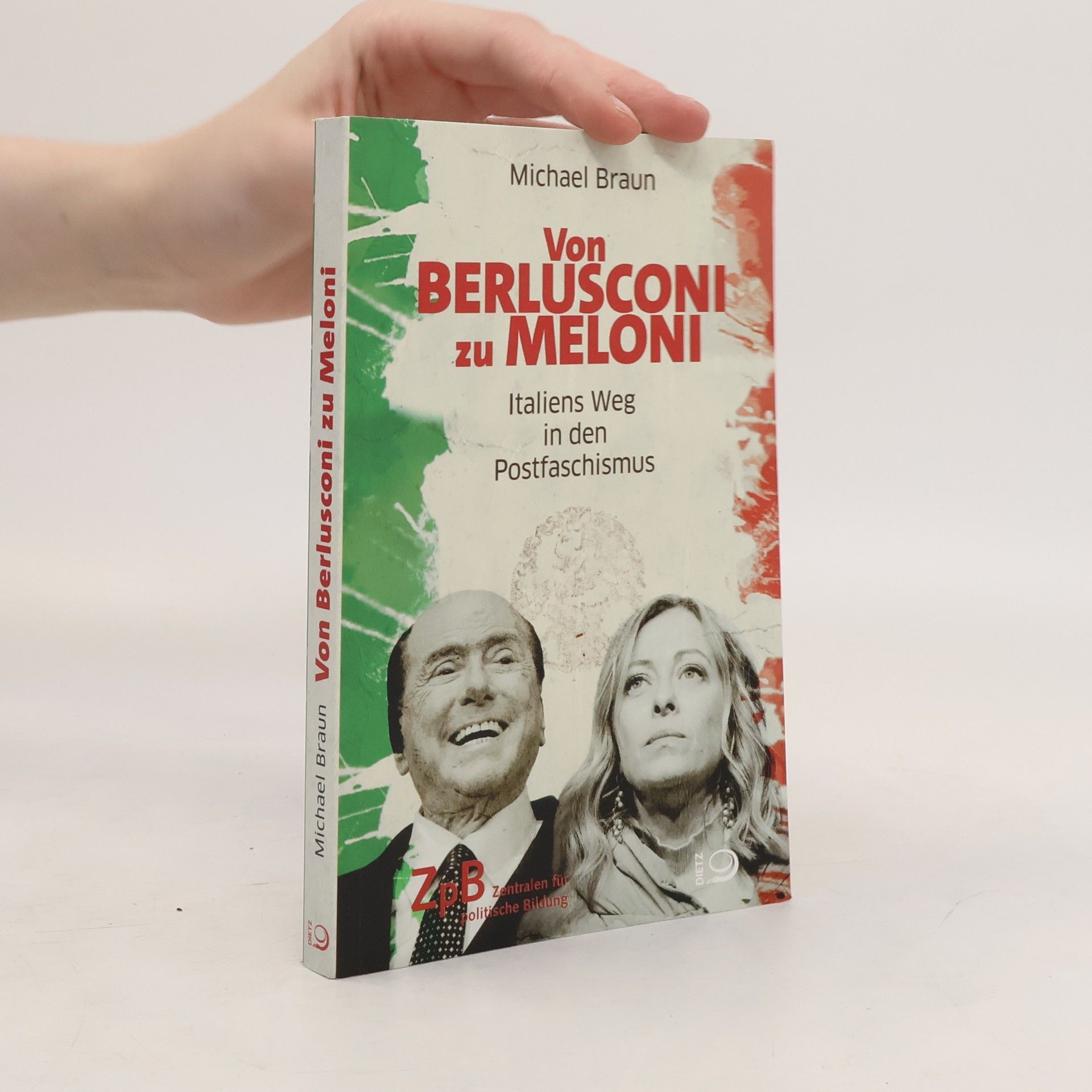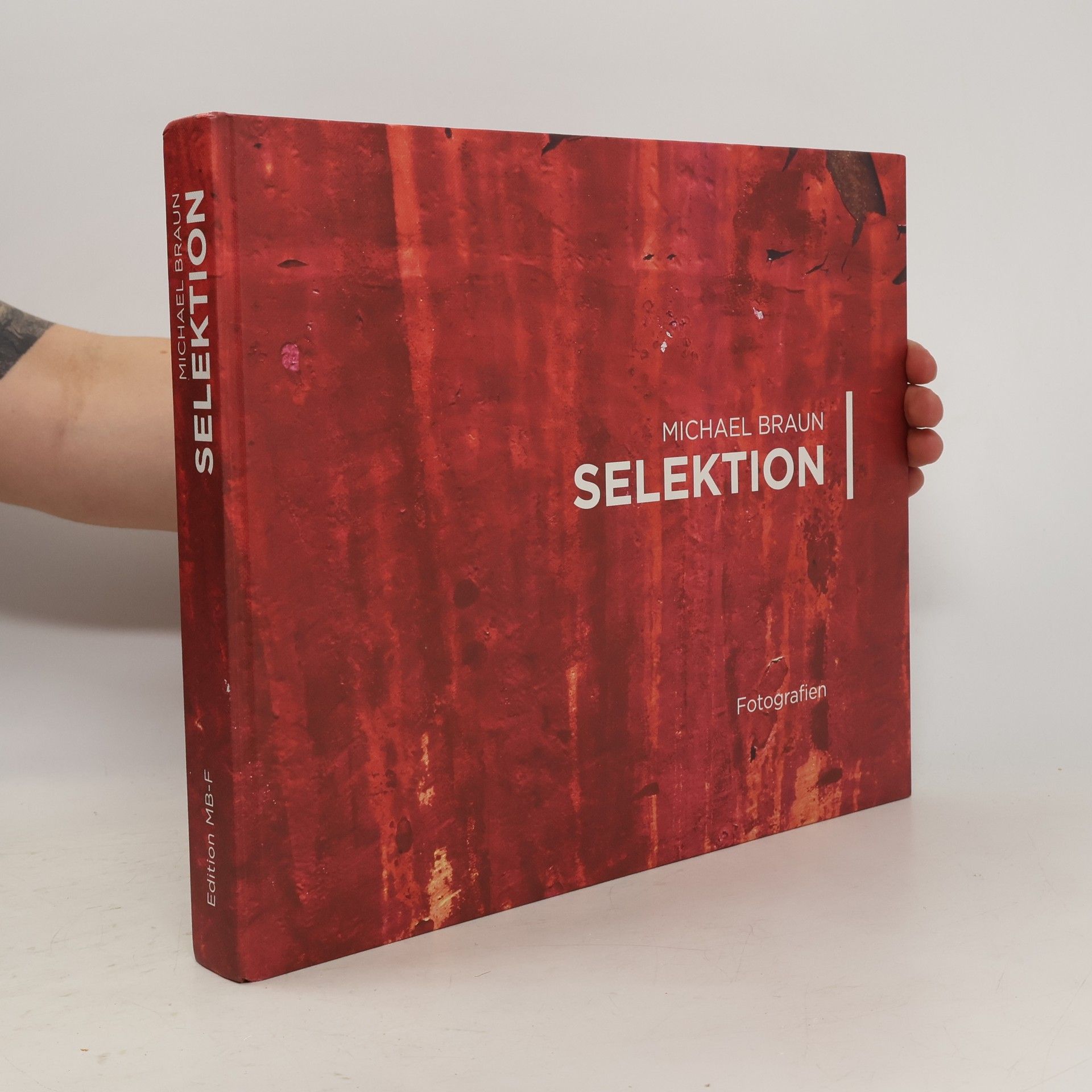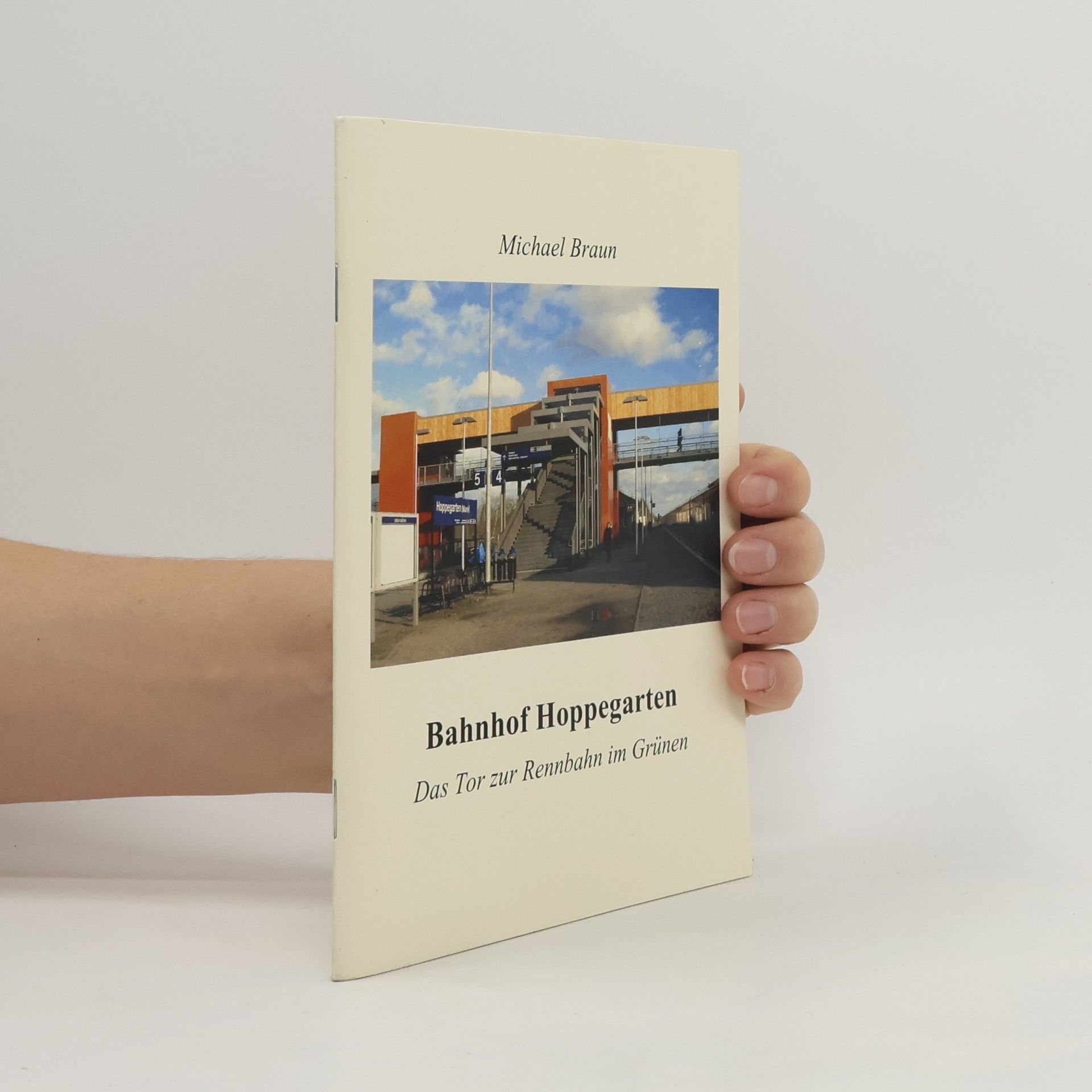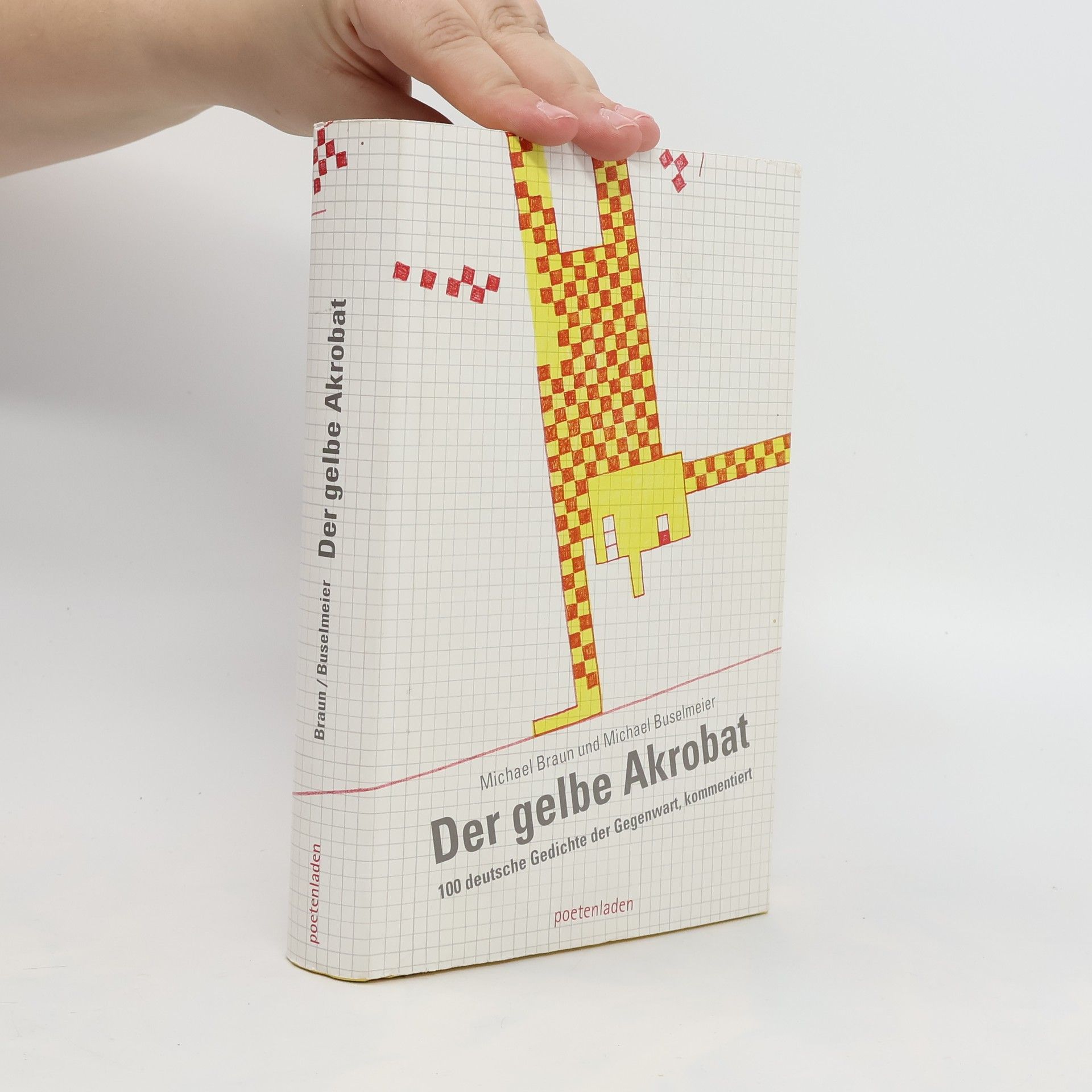Der Aufstieg von Giorgia Meloni zur Regierungschefin Italiens 2022 ist das Ergebnis eines über 30 Jahre währenden Weges in den Postfaschismus, geprägt von Silvio Berlusconi. Melonis radikale rechte Wurzeln und die Überzeugung vieler Wähler, dass das "Establishment" der Feind ist, hinterfragen Italiens Demokratie und Europas Zukunft.
Michael Braun Book order (chronological)






Was macht einen Film groß? Für Truffaut war es niemals das 'Runde' oder 'Perfekte', Peter Hamm ergänzte, dass das Vergnügen des Kritikers oft da anfange, wo das der anderen aufhöre, bei Stilbrüchen etwa oder Exzessen. Was sind überhaupt Gründe dafür, bestimmte Filme besonders sehenswert zu finden? Die von Literatur-, Film- und Kulturwissenschaftler: innen geschriebenen Beiträge dieses Bands präsentieren je einen Film und begründen ausführlich, weshalb gerade er zu den größten der Geschichte gehört. Die Auswahl ist weder exklusiv noch elitär, sie regt zum Nachdenken an, weshalb uns auch Filme jenseits des Blockbuster-Kinos und der gängigen Kanonlisten in den Bann schlagen. Inmitten bekannter Klassiker von Lang, Chaplin, Hitchcock & Co. und jüngerer Meisterwerke von Haneke, Almodóvar und Sofia Coppola gibt es manchen Geheimtipp zu entdecken.
Barbara Honigmann
Durch verschiedene jüdische Tora connections erfuhren wir von Straßburg als einem jüdischen Ort der besonderen Art
Vor fünfzig Jahren, am 20. Dezember 1972, ist der Dichter und Hörspielautor Günter Eich in einem Salzburger Krankenhaus gestorben. In der Nachkriegszeit galt er als der wichtigste Exponent einer Literatur des "Kahlschlags", mit seinen wirkungsmächtigen Hörspielen ("Träume") wurde er zu einem prominenten deutschen Erfolgsautor der fünfziger Jahre. "Ich habe mich", so Eich lakonisch, "vom Ernst immer mehr zum Blödsinn entwickelt, ich finde also das Nichtvernünftige in der Welt so bestimmend, dass es auch in irgendeiner Weise zum Ausdruck kommen muss." Das vorliegende Buch demonstriert die fortdauernde Aktualität seiner poetischen Provokationen. Mit Beiträgen von: Roland Berbig, Michael A. Braun, Michael C. Braun, Kurt Drawert, Mirjam Eich, Nancy Hünger, Jürgen Nendza und Àxel Sanjosé.
Bäume lesen
Europäische ökologische Lyrik seit den 1970er Jahren
Hugo Ball - der magische Bischof der Avantgarde
- 146 pages
- 6 hours of reading
'Es lebe der Kommunismus und die katholische Kirche!'Mit solchen ketzerischen Sätzen hat Hugo Ball (1886-1927), der wohl eigensinnigste Intellektuelle des expressionistischen Jahrzehnts, seine Zeitgenossen regelmäßig in Verwirrung gestürzt. Als ewiger Renegat widerrief der aus Pirmasens stammende Freigeist, Dadaist und Mystiker immer dann seine vermeintlichen Überzeugungen, wenn sie zur staatskonformen Doktrin zu gerinnen drohten. Berühmt wurde Ball als Apologet des Dadaismus, den er im Frühjahr 1916 als Herold der europäischen Avantgarde im Züricher Cabaret Voltaire exerzierte. Die aufregenden Denkbewegungen, die Ball nach seinen Dada-Aktivitäten vollführte, sind bis heute kaum wahrgenommmen, geschweige denn verstanden worden. Zum 125. Geburtstag von Hugo Ball unternimmt es die vorliegende Studie, den spektakulären Metamorphosen und schroffen Widersprüchen dieses Dichters nachzugehen und seine geistige Physiognomie in all ihren Facetten sichtbar zu machen.
Bahnhof Hoppegarten
Das Tor zur Rennbahn im Grünen
Meine wilde Zeit mit Haindling
- 157 pages
- 6 hours of reading
Die Band feiert Geburtstag. Jubiläumsevents zum 25-Jährigen. 40 Konzerttermine in Deutschland und Österreich im Jahr 2007.



